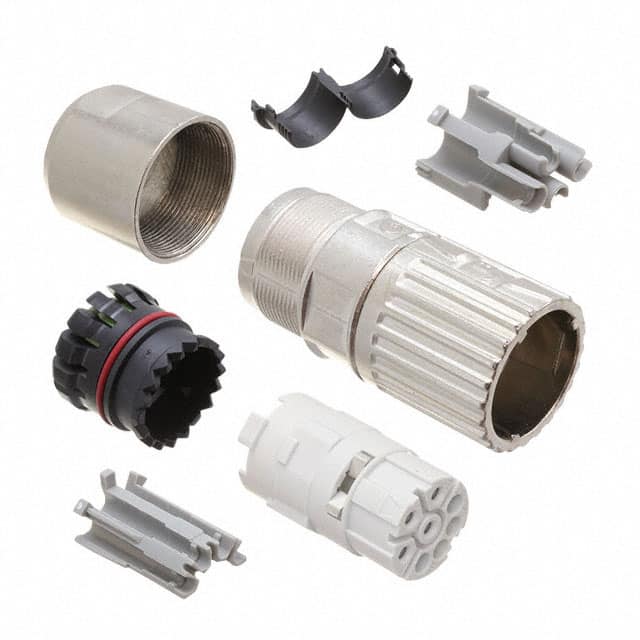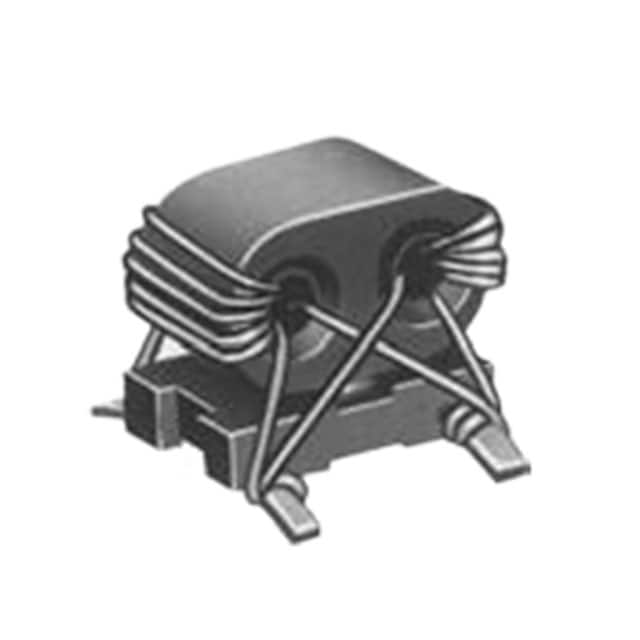Ⅰ. A brief introduction to Connectors, Interconnects
Ⅱ. Introduction to Phoenix Contact
Ⅲ. Mechanical Characteristics of Connectors, Interconnects
A brief introduction to Connectors, Interconnects
Connectors and interconnects are both types of components that are used to establish a physical and electrical connection between two or more devices or components in a system.

Connectors are mechanical devices that are designed to join two or more electrical conductors together. They come in a wide variety of shapes, sizes, and configurations, depending on the specific application and the types of conductors that need to be joined. Examples of connectors include plugs, sockets, terminals, and jacks.
Interconnects, on the other hand, are typically used to connect larger electronic components or subsystems within a system, such as printed circuit boards (PCBs), integrated circuits (ICs), or modules. They are used to transmit signals and power between these components, and can include wires, cables, ribbon cables, or flexible circuits.
Connectors and interconnects are critical components in the design and operation of electronic systems, and their selection and implementation can have a significant impact on the performance and reliability of the system as a whole.
Introduction to Phoenix Contact
Phoenix Contact is a global manufacturer of electronic components and systems, including a wide range of connectors and interconnects. Some examples of their connector and interconnect product lines include:
Terminal Blocks: These are connectors used to join and terminate wires and cables, typically within control cabinets or equipment. Phoenix Contact offers a range of terminal blocks, including modular and pluggable options, as well as specialty blocks for specific applications.
Industrial Connectors: Phoenix Contact offers a range of connectors designed for harsh industrial environments, including heavy-duty circular connectors, rectangular connectors, and signal connectors.
PCB Connectors: These connectors are designed for use on printed circuit boards (PCBs) and include options such as board-to-board connectors, wire-to-board connectors, and IDC connectors.
Surge Protection: Phoenix Contact offers a range of surge protection devices designed to protect electronic systems from voltage spikes and transients.
Fiber Optic Connectors: These connectors are designed for use with fiber optic cables and include options such as single-mode and multi-mode connectors, as well as specialty connectors for specific applications.
Phoenix Contact's connector and interconnect product lines are designed to meet the needs of a wide range of industries and applications, from industrial automation and machinery to renewable energy and transportation.
Mechanical Characteristics of Connectors, Interconnects
The mechanical characteristics of connectors and interconnects refer to their physical properties that affect their performance and reliability in a given application. Some important mechanical characteristics of connectors and interconnects include:
Contact Force: This refers to the amount of pressure that is required to establish and maintain a reliable electrical connection between the mating contacts of a connector. The contact force should be sufficient to ensure low contact resistance, but not so high as to damage the contacts or cause excessive wear.
Durability: This refers to the ability of the connector or interconnect to withstand repeated cycles of mating and unmating without damage or degradation. The durability of a connector is affected by factors such as the materials used, the design of the contacts, and the manufacturing process.
Insertion and Withdrawal Force: This refers to the amount of force required to insert or remove a connector from its mating interface. The force should be sufficient to ensure a secure connection, but not so high as to make it difficult to insert or remove the connector.
Environmental Resistance: This refers to the ability of the connector or interconnect to withstand exposure to various environmental factors, such as temperature, humidity, vibration, and shock. Connectors used in harsh environments may require additional protection or specialized coatings to ensure reliable performance.
Size and Weight: The physical size and weight of the connector or interconnect can be important considerations in certain applications, such as those with space or weight constraints.
The mechanical characteristics of connectors and interconnects are critical factors to consider when selecting a connector for a specific application. The connector should be designed and manufactured to meet the mechanical requirements of the application, as well as any relevant industry standards or regulations.
Tags:connectors interconnects



